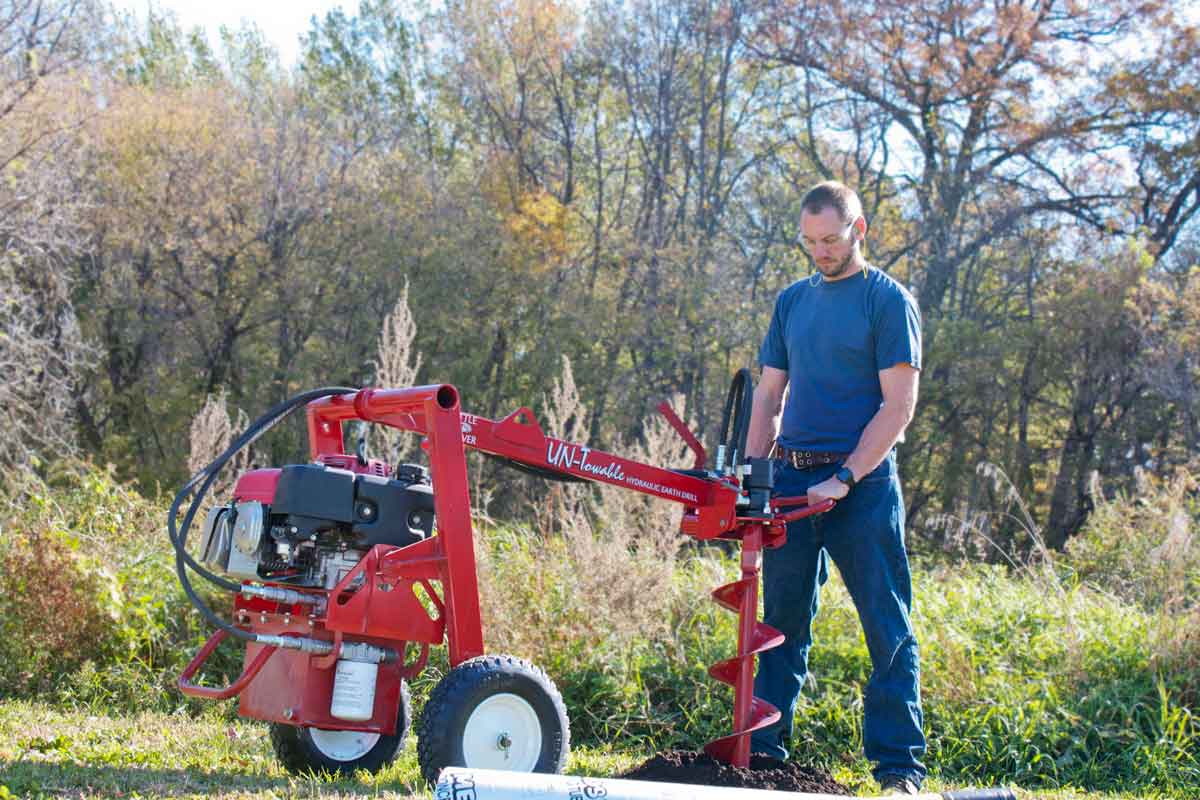Husqvarna Offers Outdoor Power Equipment Preventative Maintenance
Professional landscapers and homeowners are months into the summer yard care season and Husqvarna offers some tips on maintaining the equipment integral to a successful yard care program.
In some instances, the outdoor power equipment requires major servicing and the owners turn to a certified technician at a general retailer (where offered) or at an authorized dealer.
While either option can get the job done, some retailers outsource service and maintenance requests on power equipment, which can sometimes delay delivery times. So, a smart choice is to take it to the nearest authorized local dealer – and Husqvarna offers hands-on and online training courses regularly for its dealers’ technicians, ensuring they are up to date on new technologies and techniques.
According to Judy Lord, of Steve’s Service Center in Prattville, Alabama, some of her best service referrals come from employees of stores that outsource service. “They know we’ll get it done right, and faster. The grass keeps growing. You can’t wait a month to get your mower fixed!”
Through interviews with Lord and some of its other top dealers, Husqvarna has identified the Top 5 Preventative Maintenance Tips for DIY-ers seeking to keep their outdoor power equipment in perfect working order:
1. Air It Out. A frequent mistake people make with mowers – or any equipment powered by an engine – is failing to clean or replace air filters. “Everything with a motor has to have clean air to run,” explained Jared Basch, of Basch Bros. in Cullman, Alabama. “If people would check, clean and replace the air filter regularly, that would alleviate a lot of problems.”
2. Fight Fuel Filter Fiascos. Similarly, a lack of attention to fuel filter maintenance allows “trash to get in your gas,” noted Lord, causing engine issues. “Check it at the beginning or end of the mowing season – one or the other,” she added. “But just do it. It’s crucial to maintain your mower.”
3. Don’t Be Fuel-ish. Gas with too much ethanol can harm small engines, said Brett Wright, of Wright Brothers Power in Newark, Ohio. Additives can help, but “we see more carburetor repairs than anything else,” he explained. “Just because gas is OK for your car doesn’t make it right for smaller engines.”
4. Stay Sharp. A common problem with chainsaw maintenance occurs after a new chain is installed. Because it naturally stretches out after the first cut, the chain must be checked and tightened often, especially after the first few uses. “If it loosens and jumps the sprocket,” noted Basch. “That can ruin it.”
5. Get in sync. Even consumers who don’t know a spark plug from a muffler get their cars serviced on a regular basis. Why not keep your power equipment on the same schedule? Or at the very least, service as needed at the beginning or end of every mowing season.
For more outdoor power equipment tips, we found this page on the Outdoor Power Equipment Institute’s website.




